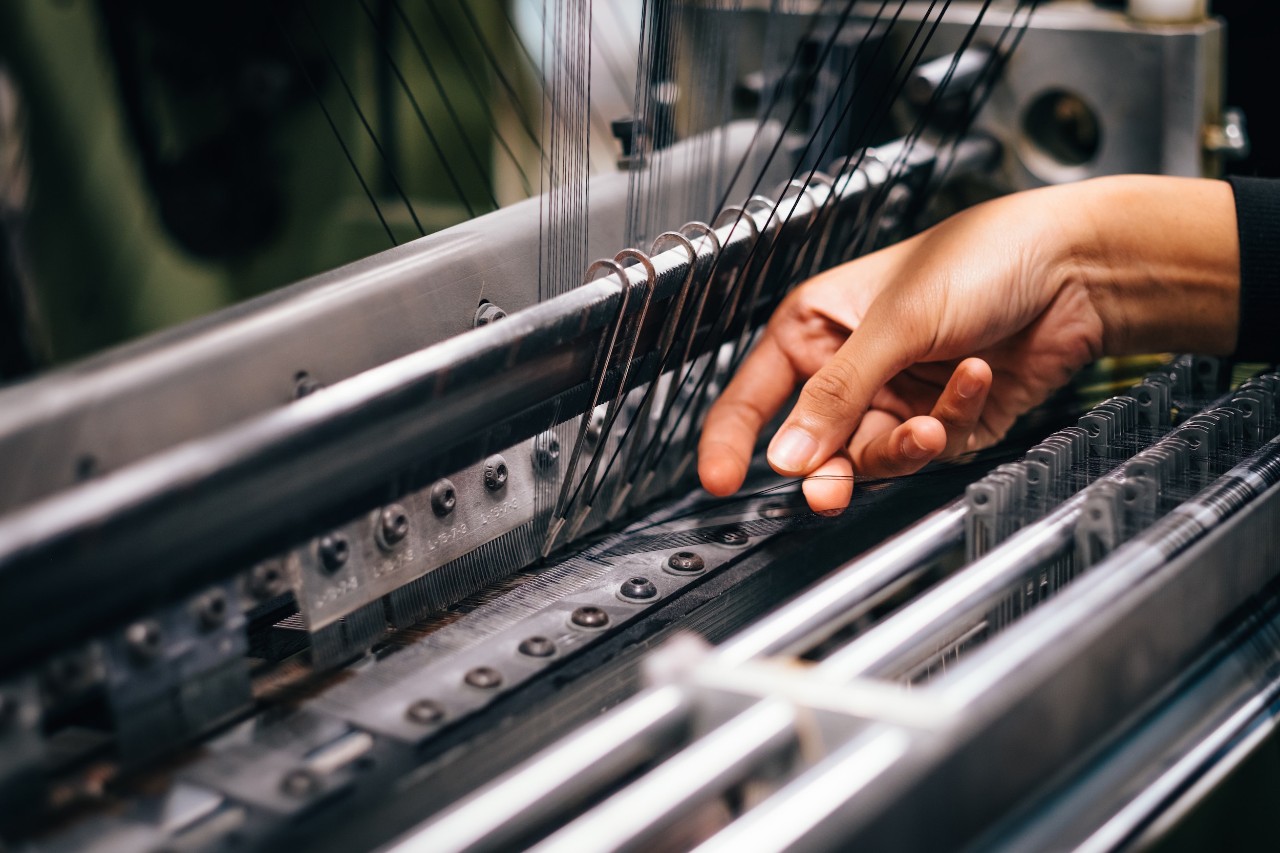
Enquirer: UC's Heath weighs in on automation in op-ed
Julie Heath, director of the Economics Center at CECH, discusses how men and women will be affected by a transforming job market
By 2030, up to 9% of Americans could be employed in jobs that don't exist today.
Ironically, it will be automation that creates these jobs, according to Julie Heath, executive director of the Economics Center at the University of Cincinnati College of Education, Criminal Justice and Human Services. Heath explained how technology is expected to affect the needs of the workforce — and the reasons it may affect men and women differently — in a guest column published by The Cincinnati Enquirer.
"Automation often does not totally replace a job," Heath writes. "It changes a job so that humans and machines each perform components. Some occupations are more vulnerable than others are to partial automation. Approximately half of female-dominated occupations face this risk, compared to 80 percent of male-dominated occupations. This partial automation implies that, again, routine physical and cognitive skills will be valued less in the workplace of the future, while technical, social, and emotional skills will be valued more."
Heath argues that women and men will likely experience automation differently because "men are more highly concentrated in occupations that have routine physical components (machine operators, for example), while women are more likely to be in occupations that have routine cognitive aspects (such as clerical work or service work)."
Higher education will be necessary to acquire the technical skills necessary for success in the workplace of the future, according to Heath. Women may have an advantage, though, because of the social and emotional skills that will be required — skills required for success in woman-dominated fields today. Heath says that while it appears women are better positioned to adapt to the automation-driven transformation of the workplace, there are a number of factors that could possibly prevent that from happening.
"Women need to have more access to technologies and acquire the skills to both fully utilize them and to develop them," Heath writes. "Automation can be a help or a hindrance for women’s economic advancement, and the institutions and structures we establish today will determine which it is."
Featured image: Photo by Lidya Nada on Unsplash.
Related Stories
Social media linked to student loneliness
February 20, 2026
Inside Higher Education highlighted a new study by the University of Cincinnati that found that college students across the country who spent more time on social media reported feeling more loneliness.
Before the medals: The science behind training for freezing mountain air
February 19, 2026
From freezing temperatures to thin mountain air, University of Cincinnati exercise physiologist Christopher Kotarsky, PhD, explained how cold and altitude impact Olympic performance in a recent WLWT-TV/Ch. 5 news report.
Discovery Amplified expands research, teaching support across A&S
February 19, 2026
The College of Arts & Sciences is investing in a bold new vision for research, teaching and creative activity through Discovery Amplified. This initiative was launched through the Dean’s Office in August 2024, and is expanding its role as a central hub for scholarly activity and research support within the Arts & Sciences (A&S) community. Designed to serve faculty, students, and staff, the initiative aims to strengthen research productivity, foster collaboration, and enhance teaching innovation. Discovery Amplified was created to help scholars define and pursue academic goals while increasing the reach and impact of A&S research and training programs locally and globally. The unit provides tailored guidance, connects collaborators, and supports strategic partnerships that promote innovation across disciplines.
